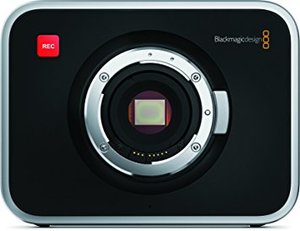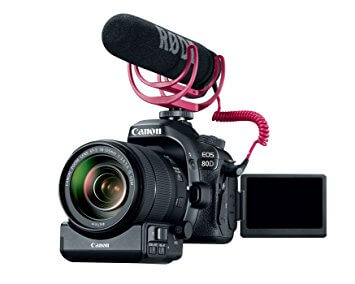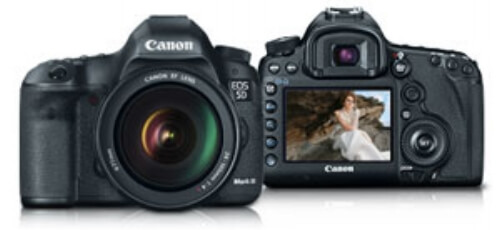5 Things Every Screenwriter Needs
Ah, the on-a-whim road trip. You have the next few days off, paycheck’s come in, and- by god- does seem like a nice day to shove off to wherever your work-addled brain feels like going. So you just stuff some stuff in a bag, google directions, and just go…
…Except at one point, you realize that you’ve forgotten your contact solution. And your phone charger. And your wallet. And snacks. And- oh crud, why didn’t you plan this out?!
A career in script writing is very much this. To properly hit the ground running, there are a few things (5 to be exact) you need in your arsenal…and dear god help you if you’re caught without them.
THING 1: A Portfolio
Every artist on the face of the planet- regardless of medium- needs a portfolio like my dog needs constant attention.
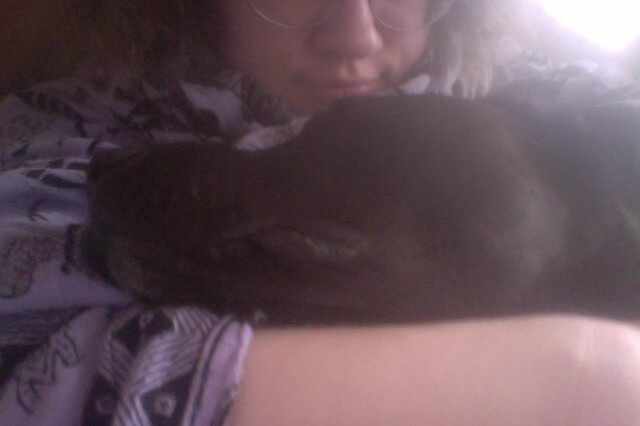
NOT SHOWN- ME TRYING TO TYPE THIS ARTICLE ON A COMPUTER I’M BALANCING ON MY LEGS.
Portfolios are great for a whole bunch of reasons. First, it provides a hub on the internet that’s all about you; your work, your blog, your list of links to Youtube/Twitter/whatever, and so on. Second, it provides an organized way for people to look at your stuff. And third, it’s a form of passive advertisement; you can include a link on a job board profile or something and people can check it out at their leisure.
While cheap services like Virb is pretty good (and costs all of $10 per month), there are plenty of free options out there.
And I’m not kidding, reader. Actual. 100%. Free.
For example, we have Wordpress. A basic account costs all of zero bucks, and there’s tons of profile themes to choose from. (There are tutorials on making a WordPress portfolio here and how to install templates here.) We also have platforms like Portfoliobox and Crevado that offer free options.
One thing you might want to consider is buying a domain, as free accounts usually have a “.wordpress.com” in it…
…Unless you’re me and you buy business cards with a “.virb.com” domain, thus dooming yourself to having to use it until said cards run out.
THING 2: Writing Samples
Well duh… being a screenwriter means actually writing a script!
It’s one thing to say you’re a great screenwriter, but it’s a whole ‘nother thing to show it. Most gigs out there will demand that you show either work samples or a portfolio…which they assume will have work samples in it.
And yes, personal/for fun projects do count as work samples. (Just make sure that it’s your best work.) While requiring writing samples might seem like an inconvenience, it’s actually quite logical for a person hiring for a gig to ask for them. Writing samples show just what you can do, people using said samples to decide whether or not you’re right for the project.
And be honest– how logical does it sound to give someone a job based on promises alone?
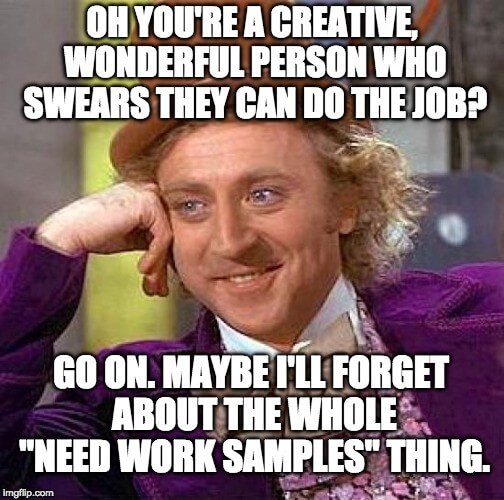
This is one stone that will murder so many birds. As I’ve written here, screenwriters get better by writing. The more you write, the better you’ll be. And if writing is something you truly enjoy doing (which is the only reason you should do it for a living), it might be a chance for you to blow off steam.
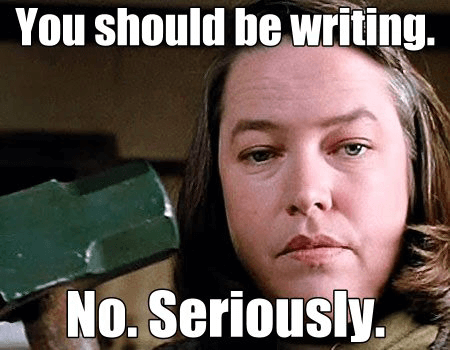
CHOOSE YOUR AGENT WISELY….
On a side note, once you complete a sample, you should make it so people can read it via embedding; do not rely on a download link alone. One (you guessed it, free) service I would recommend looking at is Issuu. You’d be looking at an interface like down yonder.
THING 3: A Grasp On Screenwriting As An Art
While volatile aspects like creativity can never be controlled (at least, until producers get a hold of your script) and experimentation will always be a thing (see Memento…like, right now), things like formatting and decent story trends must, must, mustbe learned.
There are standards to script formatting. Barring format fixers and script coverage people, I can’t say I know too many people who would willingly slog through a mess of a script, let alone a studio rep.
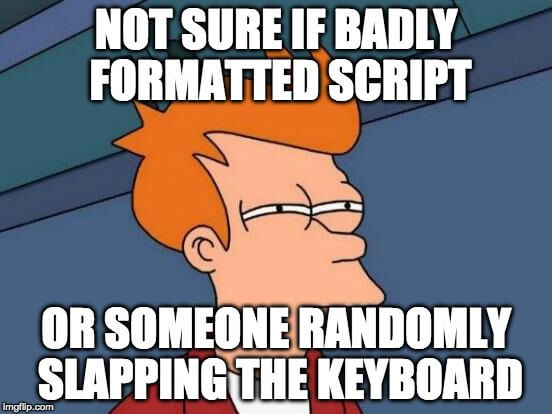
As for how to tell the story…we can be here all night/day talking about that. The passion I’ve seen new writers explode onto the scene with is akin to a 4th of July fest manned by Micheal Bay, but passion doesn’t cancel out story issues. (Thankfully, there are lots of books, plenty of websites, and dozens of podcasts that can help you out.)
I once worked with a writer on polishing the first script they ever wrote. While the reigning champ in my “Favorite Client In The History Of Forever” contest, their script…wasn’t the greatest. Plot points and characters dropped in with the briefness of a visit from the mailman, characterization darted around like a bee on crystal meth, deus ex machinas popped up like weeds…
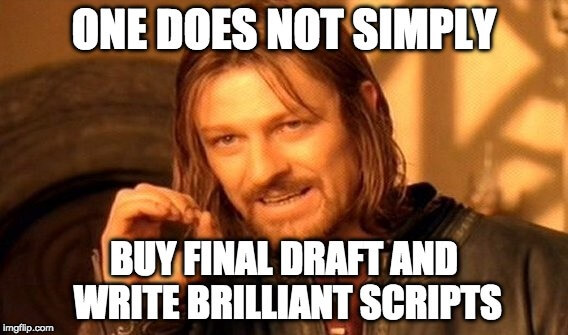
Again, this person had an insane amount of passion for their craft, in addition to being an utter delight to work with. But they never read up on how to tell a story people could enjoy (or rather, that studios want to buy)…
THING 4: A Grasp On Screenwriting As A Business
…This person also didn’t realize that script coverage isn’t the same thing as script critiquing. (To be fair, I can see where that mistake could be made. The two are very similar, albeit script coverage being what studios use to decide if a script should be made.)
For all the art behind it, screenwriting is still very much a process and a business. While experience will always be the best teacher, it’s always a good thing to at leastlook into what you’re getting yourself into.
How does one get their script in the hands of a studio rep?
What is the production process like on the writer side of things?
What are producers and just why do they like to murder good ideas?

RALPH BAKSHI WANTED TO GIVE US A HORROR FILM WITH STUNNING ANIMATION AND DEEP CHARACTERS…PRODUCERS GAVE US “COOL WORLD.”
It also serves as a means of protecting yourself. For example, mistaking coverage for critiquing can literally cost you. Coverage services typically run around $60, $100, or $150 for basic packages. Definitely not a mistake you want to make when you’re just starting out.

OR, LIKE, 10 CUPS OF COFFEE, IF WE’RE GOING TO STARBUCKS.
Such knowledge can also protect you from being ripped off. Agents can help you find work and make sure you’re paid fairly. Managers provide career guidance and help develop scripts. Registering with the WGA could protect your work from being stolen and ensure you’re properly credited…
Such knowledge can also protect you from being ripped off. Agents can help you find work and make sure you’re paid fairly. Managers provide career guidance and help develop scripts. Registering with the WGA could protect your work from being stolen and ensure you’re properly credited…
Again, resources for this are everywhere!
THING 5: A Logline
Just in case you don’t know, a logline is basically a summary of your entire script in one sentence (though there are very rare cases when they are in two). Not a mere summary, your logline must also be catchy enough to hook people onto your project…
And remember how part of this article’s title is “Or You Will Regret It?” Yeah, I’m speaking from personal experience with that part here.
Once upon a time, I discovered Amazon Studios was a thing. Bright-eyed and still having residual amateurness, I asked for feedback on a script. People asked what my logline was, I said I didn’t have one, and…well…this was the general reaction from the other writers on there–
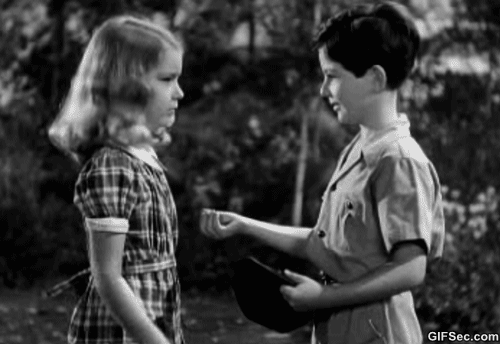
WHAT IS IT WITH ME AND SLAPPING IN THIS ARTICLE?
Though my torn new one still makes me cringe to this very day, I can see where they were coming from. Not only do loglines give you a road map for your writing and can get people interested in your project, they can serve as actual pitches to suits/agents/so on with very little time.
And if boiling down your script in a marketable, interesting sentence sounds hard…that’s because it is. Figuring out your script’s ending or the right title seem like mere inconveniences compared to turning 90+ pages into a single sexy sentence.
However, loglines are super important and probably the most important of the five mentioned above. Hollywood is a business, and if you’re lucky enough to be stuck on an elevator with Steven Spielberg, you better have that logline ready. You never know. This is Hollywood after all, where filmmaking magic happens every day.
I have a portfolio and Twitter. We can talk about great dane mixes, piggy banks with celebrity puns for names, and geek stuff!
2Bridges Productions Copyright © 2017. Address: 25 Monroe St, New York, NY 10002. Phone: 516-659-7074 – All Rights Reserved.
We are a participant in the Amazon Services LLC Associates Program, an affiliate advertising program designed to provide a means for us to earn fees by linking to Amazon.com and affiliated sites.

